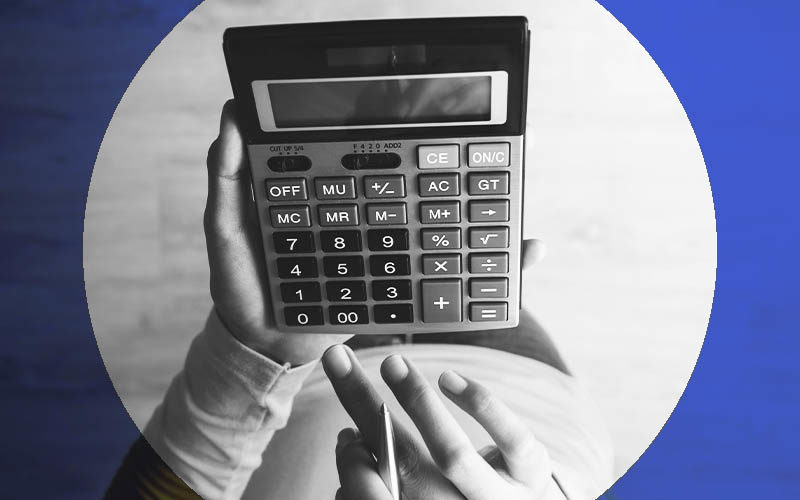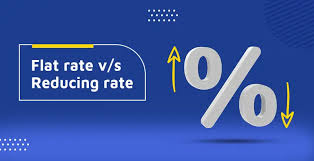In today’s fast-paced financial world, having a reliable fixed savings plan is essential. A Recurring Deposit (RD) is a scheme where you can deposit a fixed sum of money monthly for a specific period and earn interest on it. However, how do you calculate the earnings you will make from this investment? This is where a Recurring Deposit Calculator comes in. In this article, we will learn how to use a recurring deposit calculator for better savings management.
Understanding the Recurring Deposit (RD) Scheme: RD Meaning
The first step is understanding what a recurring deposit is. Simply put, an RD is a term deposit offered by Indian banks, post offices, and financial institutions which allows the investor to deposit a fixed sum monthly. At the end of the term period, the investor gets both the principal amount and the interest earned at a rate as per the bank or post office. This makes it an attractive savings tool for those who have a regular income and want to save on a monthly basis.
Using the Recurring Deposit Calculator
The recurring deposit calculator is a powerful tool that helps you calculate the total amount you will get on maturity along with the interest that you will earn. This calculator is usually available online on the website of most banks and financial institutions.
To use this calculator, you will have to input the following details:
- The monthly amount you intend to deposit in the RD account.
- The tenure of the RD in months or years.
- The interest rate as offered by the bank or the financial institution.
Once you provide the above details, the calculator will instantly give you the total maturity amount that you will get at the end of the tenure of your RD. This will include both your principal investment and the interest earned on it.
For example, let’s say you deposit INR 5000 every month for a 5-year period with an annual interest rate of 7.3%. By inputting these details into the recurring deposit calculator, you would get a maturity amount of approximately INR 350,851.
Advantages of Using a Recurring Deposit Calculator
A recurring deposit calculator makes financial planning easy and accessible. It gives you an exact figure of what you stand to gain after the term period and also helps you manage your finances accordingly. Moreover, it enables you to compare different banks and financial institutions to choose the best RD scheme as per your needs and financial goals.
Understanding the calculation manually takes a lot of time and mathematical prowess. The recurring deposit calculator does the job effortlessly within seconds.
Conclusion
It is worth noting that a recurring deposit calculator gives you an estimate. The actual maturity amount could vary based on the variation in the interest rate. Nevertheless, this tool can significantly simplify your financial planning process, ensuring you make an informed decision about your savings.
Remember, the key to financial growth is investing within one’s means and according to one’s financial goals. Always gauge all the pros and cons of all possible financial investments. After all, it is your hard-earned money on the line. Understanding RD meaning is crucial when considering different savings options. The recurring deposit calculator saves both your time and the hassle of manual calculations, making it a practical tool for better savings.
Disclaimer: This article is for information purposes only. It does not endorse or recommend any specific investments. Always consult with a financial advisor or do thorough research before making any financial decisions.
Summary: A Recurring Deposit (RD) is a term deposit scheme where one can deposit a fixed sum monthly and earn interest on it. A Recurring Deposit Calculator helps you know the total maturity amount at the end of the tenure. In this article, we’ve explained what an RD means and how to use a recurring deposit calculator for better financial planning. Just input the principal amount, tenure, and the interest rate to know your exact earnings. This calculator simplifies your financial planning, helping you make an informed decision about your investments. However, one should always consult with a financial advisor before making any significant financial decision.









